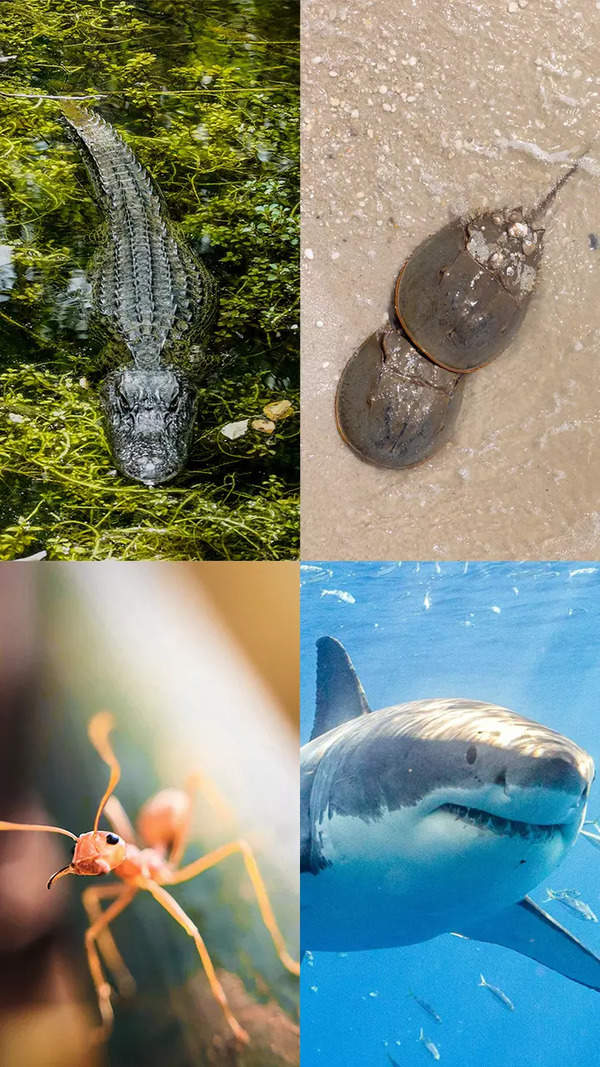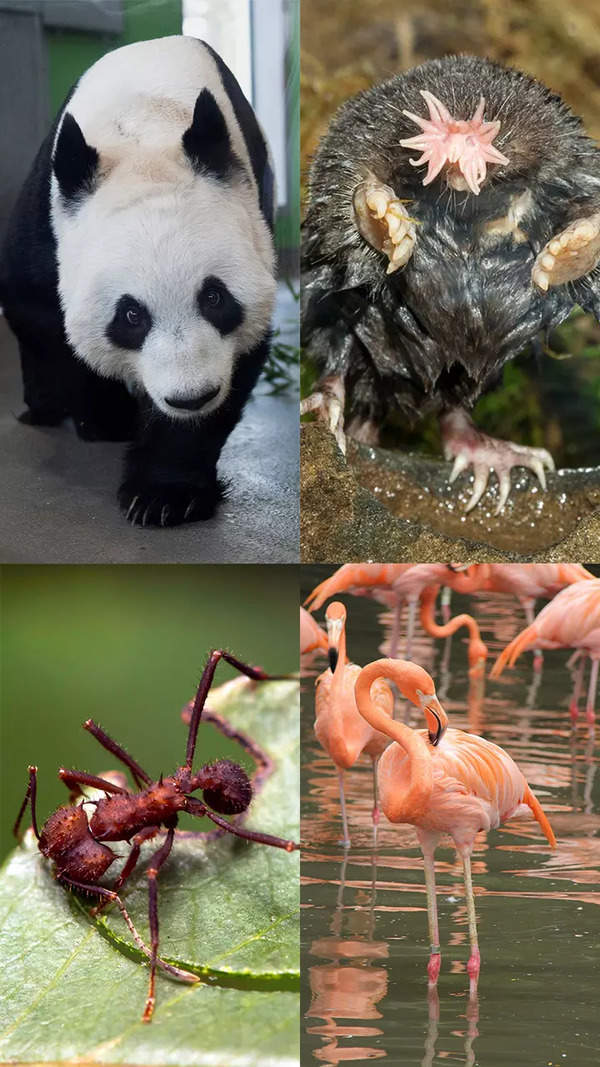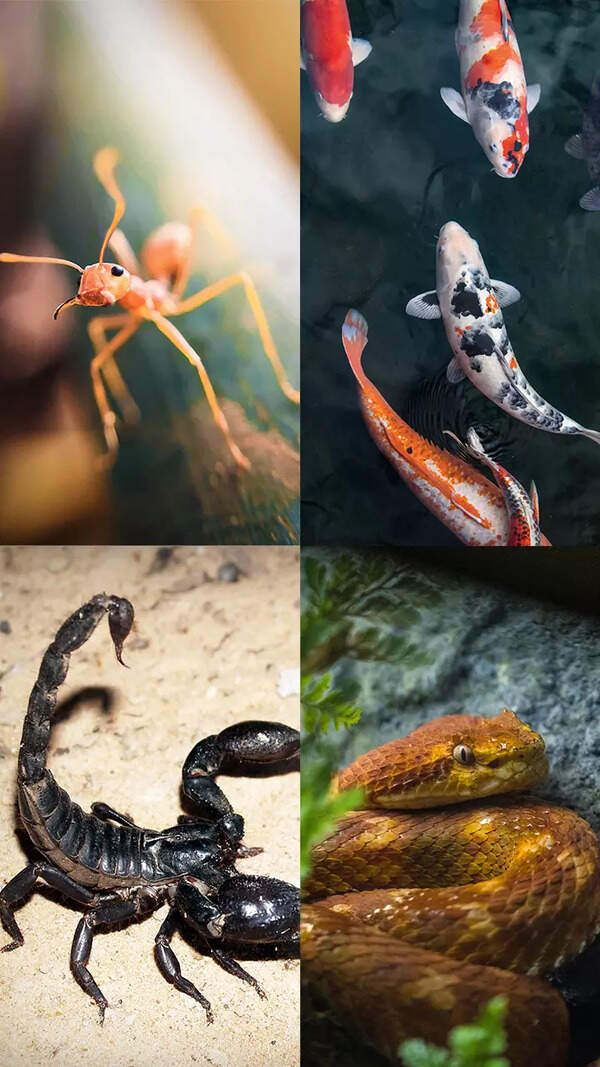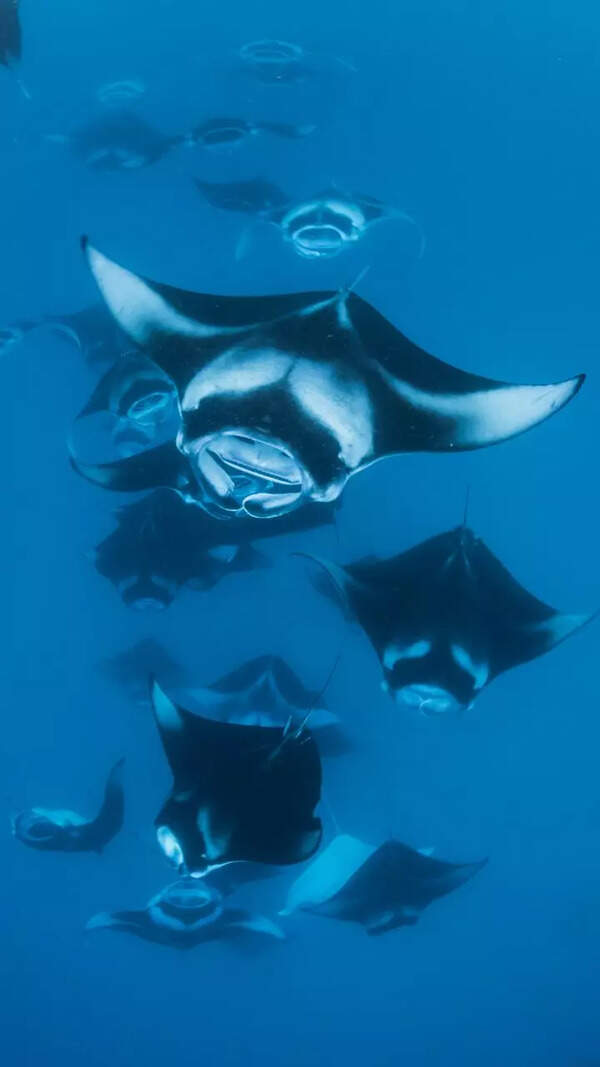- News
- City News
- bhubaneswar News
- How a high tide ate up coastal village in Odisha, changed way people vote
Trending
How a high tide ate up coastal village in Odisha, changed way people vote
In 2011, a calamity led to relocations to New Podampeta and Mayurpada villages. Voting challenges persist, with residents feeling like climate refugees, emphasizing the struggle for basic amenities like water and roads.
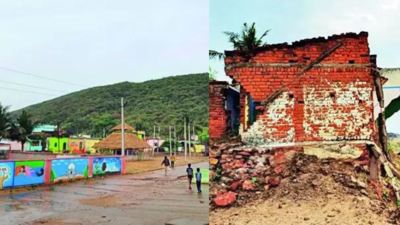
‘Delimitation’, the natural way: The Podampeta village under Ganjam block in Ganjam district, 140km from Bhubaneswar, is a ghost village now due to coastal erosion (TOI)
On a rainy July day in 2011, a monstrous high tide washed away five houses of Podampeta, a fishing village on the east coast. Thirteen years down the line, a series of events triggered by that calamity is set to change the way people of Podampeta vote.
As tides and erosion took their toll, Odisha govt rehabilitated the affected people at different locations, and the original habitation - under Ganjam block in Ganjam district, 140km from Bhubaneswar - became a ghost village.
"In last two decades, three lanes of houses have been washed away by the sea. We have lost our houses, fish drying ground and livelihood. We left the village with a heavy heart," said Ch Shyama.
In 2011-12, a group of 102 were settled near Podagada village, around 6km away. It is now known as New Podampeta. The remaining 361 families were settled in two phases near Mayurpada village after Cyclone Phailin in 2013. This place is around 3.5 km from Podampeta village.
According to the final rolls released by EC, more than 220 voters of New Podampeta will cast their vote at Arunapur primary school, around 4km from the village, while more than 120 will travel to N Barapalli, around 4 km from the village. Some others will go to Mayurpada village to vote.
"I feel heartbroken that climate change drove us away from our birthplace. We are climate refugees. Now, we are fighting for every basic amenity, including drinking water, roads and a crematorium," said Ch Gajandra of New Podampeta.
As tides and erosion took their toll, Odisha govt rehabilitated the affected people at different locations, and the original habitation - under Ganjam block in Ganjam district, 140km from Bhubaneswar - became a ghost village.
"In last two decades, three lanes of houses have been washed away by the sea. We have lost our houses, fish drying ground and livelihood. We left the village with a heavy heart," said Ch Shyama.
In 2011-12, a group of 102 were settled near Podagada village, around 6km away. It is now known as New Podampeta. The remaining 361 families were settled in two phases near Mayurpada village after Cyclone Phailin in 2013. This place is around 3.5 km from Podampeta village.
Initially, they exercised their franchise at one booth near their old village Podampeta. "This year, we will cast our votes at three different places as New Podampeta does not have a polling booth," said Ch Bairagi, a villager of New Podampeta.
According to the final rolls released by EC, more than 220 voters of New Podampeta will cast their vote at Arunapur primary school, around 4km from the village, while more than 120 will travel to N Barapalli, around 4 km from the village. Some others will go to Mayurpada village to vote.
"I feel heartbroken that climate change drove us away from our birthplace. We are climate refugees. Now, we are fighting for every basic amenity, including drinking water, roads and a crematorium," said Ch Gajandra of New Podampeta.
End of Article
FOLLOW US ON SOCIAL MEDIA


